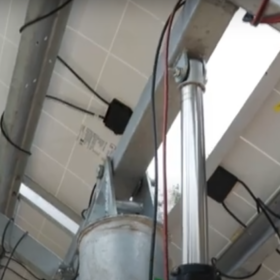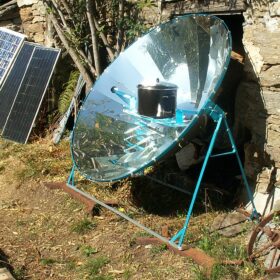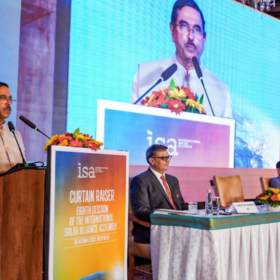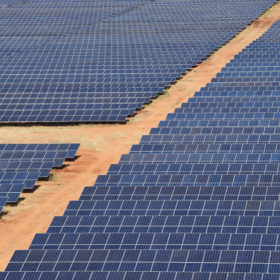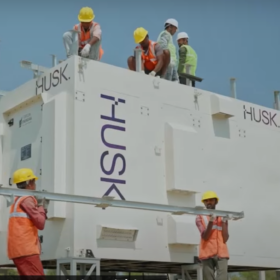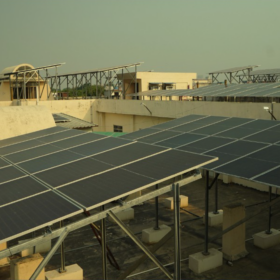From panels to complete energy systems: The evolution of India’s rooftop solar market
Rooftop solar is moving from being a supplementary solution to becoming a central component of India’s energy architecture. The next phase of growth will not be defined by panel installations alone but by how effectively generation is integrated with storage, digital intelligence, and grid infrastructure.
Advait Energy Transitions posts consolidated revenue of INR 486.33 crore for 9MFY26
Advait Energy Transitions Ltd has reported strong financial performance for the third quarter and first nine months of FY26, driven by execution momentum across its power transmission solutions and new & renewable energy businesses.
India’s Union Budget 2026–27 removes customs duty on solar glass inputs, lithium battery cell machinery, and critical minerals processing equipment
India’s Union Budget 2026–27 extends basic customs duty (BCD) exemptions on the import of capital goods used for lithium-ion cell production for battery energy storage systems (BESS), as well as capital goods required for processing critical minerals. It also removes the 7.5% BCD on sodium antimonate used in solar glass manufacturing.
Sachin Tendulkar invests in solar EPC firm Suntek Energy
Cricket legend Sachin Tendulkar has invested INR 3.6 crore in Hyderabad-based solar EPC company Suntek Energy Systems, acquiring a 2% stake in the firm.
Maharashtra installs 45,911 solar water pumps within one month
Maharashtra State Electricity Distribution Co. Ltd. (MSEDCL), the state-owned discom, has announced that the state has successfully installed an unprecedented 45,911 solar water pumps in just one month, marking one of the largest and fastest renewable-energy irrigation deployments in the world. This achievement completes its Guinness World Records attempt under the Magel Tyala Solar Pump initiative.
Efficient solar PV cooking with sand-based thermal energy storage
Scientists in Ghana have developed a device that combines a conventional solar PV-powered steam cooker with sand-based thermal energy storage. The system can achieve a thermal efficiency of 38.9% and has a payback period of 4.5 years.
Eighth Assembly of International Solar Alliance scheduled from Oct. 27-30 in New Delhi
The International Solar Alliance (ISA) Assembly will focus on four key areas: catalyzing finance for solar projects, building global capability centres and advancing digitization, enhancing regional and country-level engagement, and developing technology and policy roadmaps.
Avaada unveils 11 solar plants in Maharashtra’s Yavatmal under MSKVY 2.0 Scheme
Diversified energy firm Avaada Group has inaugurated 11 solar power plants in Maharashtra’s Yavatmal district under the Mukhyamantri Saur Krushi Vahini Yojana (MSKVY) 2.0—a scheme aimed at providing farmers with reliable daytime power for irrigation while advancing the state’s clean energy transition.
Husk secures local currency debt facility to scale solar minigrids in Nigeria
Husk has secured a ₦5 billion (approximately $3.2 million) revolving, local currency debt facility from United Capital Infrastructure Fund (UCIF) to support the deployment and scaling of solar minigrids across Nigeria.
OMC Power eyes 1 GW distributed renewable energy portfolio
The PAT-positive distributed renewable energy player, backed by Japan’s Mitsui & Co. and Chubu Electric Power, is targeting a 1 GW portfolio within five years, with rooftop solar, floating PV, and rural electrification at the center of its growth strategy.




